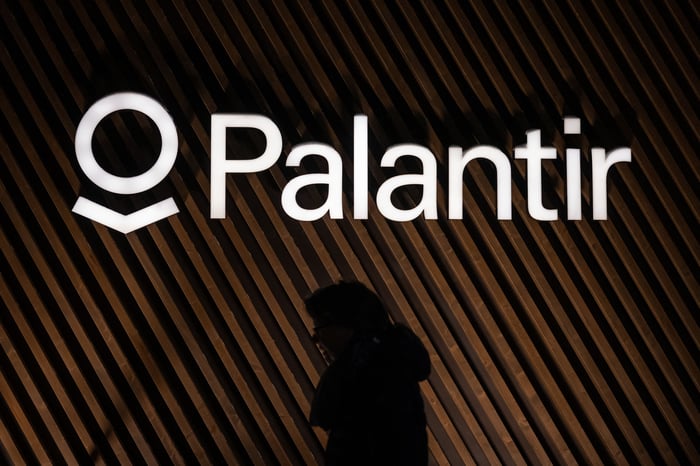Stanley Druckenmiller, a billionaire investor, is widely regarded as one of the most successful investors in history. Over more than forty years of investing, Druckenmiller has never ended a year with negative returns, even during the financial crisis of 2008-09, when his fund managed to achieve an 11% profit.
Currently, Druckenmiller manages his own wealth through the Duquesne Family Office. Many investors are eager to track his quarterly investment moves. What stands out is that Druckenmiller and his team have identified valuable opportunities across nearly every industry, ranging from dynamic artificial intelligence (AI) companies to more traditional banking stocks.
In the past few quarters, Duquesne has been reducing its holdings in top-performing AI companies such as Nvidia ( NVDA 2.83%) and Palantir Technologies ( PLTR 1.04%), while increasing its stake in one of the most talked-about pharmaceutical stocks on Wall Street as 2026 approaches.

Image source: Getty Images.
Selling the AI titans
In the second quarter of 2024, Druckenmiller exited his positions in both Nvidia, the leading AI chipmaker, and Palantir, a company specializing in AI-driven data analytics. These stocks have delivered remarkable returns, with Nvidia and Palantir rising about 36% and 142% respectively so far this year.
After selling Nvidia in 2024, Druckenmiller later admitted that the decision was a "big mistake," but he also mentioned he would consider buying the stock again. "It tripled in a year, and I thought the valuation was stretched," Druckenmiller told Bloomberg last October. "Nvidia is an outstanding business, and if the price drops, we’d look to invest again. For now, though, I’m dealing with the fallout from a poor sale."
Druckenmiller pays close attention to valuations, and Nvidia’s soaring market capitalization—now in the trillions—became too high for his comfort. If Nvidia’s valuation was a concern, Palantir’s rapidly increasing valuation over the past few years likely raised even more red flags for him.
Data by YCharts.
Honing in on this pharma stock instead
Within the last year, Druckenmiller has increased his holdings in Teva Pharmaceuticals ( TEVA -0.05%) more than any other stock. During this period, Duquesne acquired nearly 16 million shares, valued at over $267 million at the close of Q2 2025.
This global pharmaceutical company is a major player in the production of generic medications. Among its top products are Austedo, used for treating neurodegenerative and movement disorders such as those linked to Huntington's disease, and Ajovy, a preventive therapy for adult migraines. Teva also manufactures treatments for cancer, asthma, and chronic obstructive pulmonary disease.
In recent years, Teva has launched a growth-focused strategy, developing new therapies for a variety of conditions, including schizophrenia, migraines, and involuntary movements. The company is also prioritizing treatments for illnesses that are becoming more common, such as inflammatory bowel disease, asthma, and rheumatoid arthritis.
By the end of the second quarter, Teva had five late-stage drug candidates in its pipeline, with three in phase three trials and two in phase two. The phase three drugs target conditions like asthma, inflammatory bowel disease, and schizophrenia, which affect tens of millions of patients. Teva plans to begin submitting new drug applications to regulatory agencies starting later this year and continuing through 2029.
Druckenmiller appears confident in Teva’s drug pipeline, and he’s not the only one. Recently, UBS analyst Ashwani Verma increased his price target for Teva and maintained a buy rating, raising his 2030 revenue projection from $6.3 billion to $6.6 billion, citing expected growth in Teva’s branded products. In the short term, Verma also anticipates that Medicare pricing for Austedo will not be as heavily discounted as some investors fear.
Although it’s common for large pharmaceutical firms to trade at low price-to-earnings ratios, Druckenmiller likely sees Teva’s forward P/E of under 8 as attractive, especially given its growth initiatives and late-stage drug pipeline.


